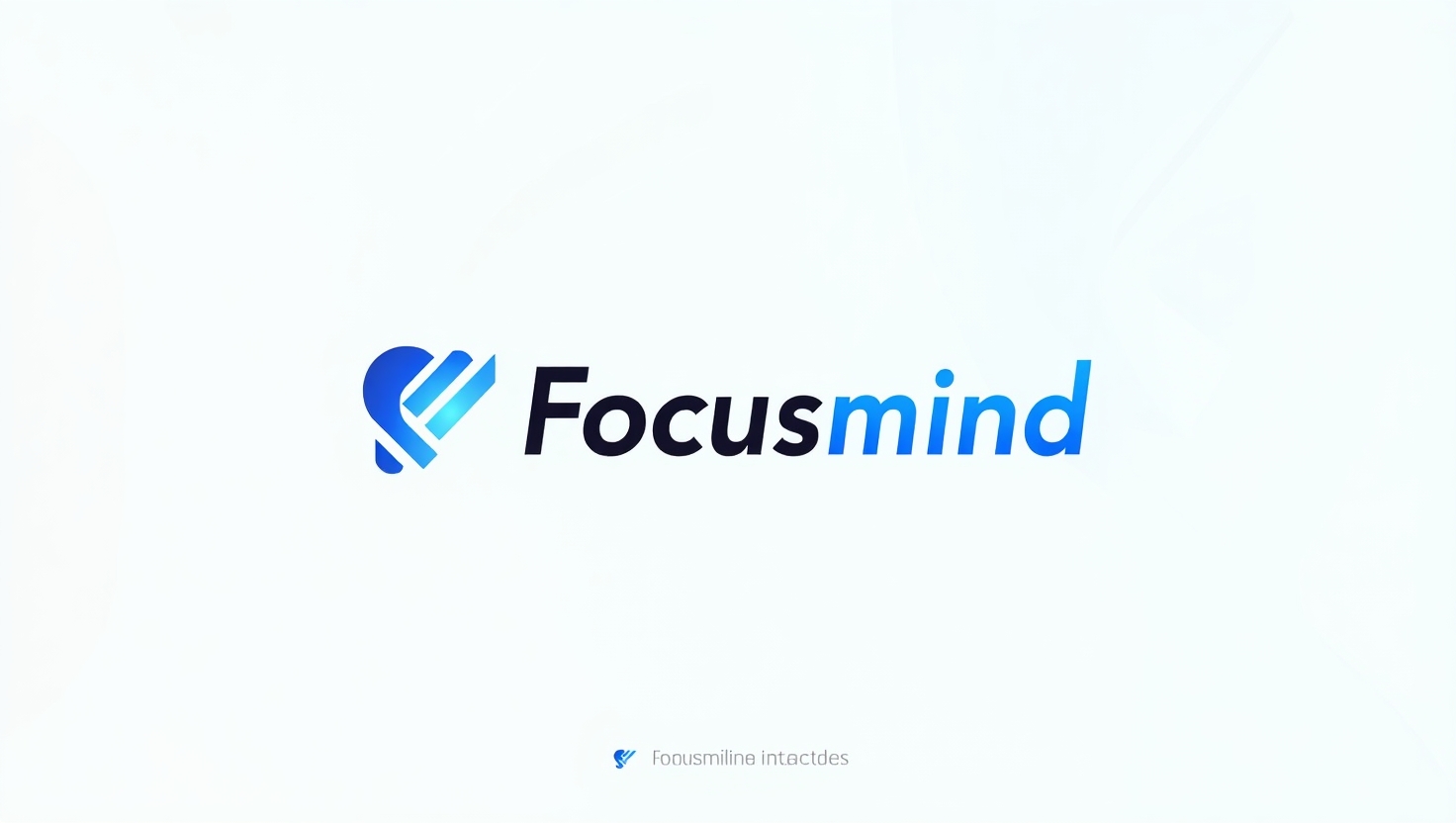Now Reading: Acne: Types, Causes, Treatment & Prevention
-
01
Acne: Types, Causes, Treatment & Prevention
Acne: Types, Causes, Treatment & Prevention
Acne: Managing and Treating This Common Skin Condition
Acne is one of the most common skin conditions worldwide, affecting millions of people across all age groups. While it’s often associated with teenagers, adults can also experience acne due to hormonal changes, stress, or other factors. This article provides a well-researched, doctor-reviewed overview of acne, including its causes, symptoms, treatments, and prevention strategies.
Important Note : This article is not AI-generated. The information provided here is sourced from reputable medical professionals and organizations, including Focus Medica and insights from dermatologists like Dr. Chaitra Prakash (MD, DNB, SCE UK Dermatology). It is intended solely for educational purposes and should not replace professional medical advice. Always consult a healthcare provider for personalized guidance.
For more information, visit focusmind.io .
What Is Acne?
Acne occurs when hair follicles under the skin become clogged with oil, dead skin cells, or bacteria. It can appear as small red bumps, whiteheads, blackheads, or even painful cysts. While acne is most commonly found on the face, it can also affect the chest, upper back, and shoulders.

Key Takeaways:
- Types of Acne : Non-inflammatory (whiteheads, blackheads) and inflammatory (papules, pustules, nodules, cystic lesions).
- Common Areas Affected : Face, chest, upper back, and shoulders.
- Duration : Can last several months or years if untreated.
Symptoms of Acne
The severity of acne varies depending on the individual. Here are the most common signs:
- Small Red Bumps : Often tender to touch.
- Pus-Filled Pimples : Painful and inflamed.
- Whiteheads and Blackheads : Non-inflammatory but noticeable.
- Nodules and Cysts : Deep, painful lumps beneath the skin that may lead to scarring.
If left untreated, severe acne can cause complications such as permanent scarring and emotional distress. Early intervention is crucial!
What Causes Acne?
Understanding what causes acne is key to preventing and treating it effectively. Below are the primary factors contributing to acne development:
1. Hormonal Changes
- Puberty, pregnancy, and menstrual cycles often trigger excess sebum production, leading to clogged pores.
2. Excess Oil Production
- Overactive oil glands can exacerbate acne by trapping dirt and bacteria.
3. Dead Skin Cells Accumulation
- When dead skin cells aren’t shed properly, they mix with oil and block hair follicles.
4. Bacterial Infection
- Propionibacterium acnes (P. acnes) thrives in clogged pores, causing inflammation and pus formation.
5. Lifestyle Factors
- High-glycemic diets (e.g., sugary foods, dairy products), stress, and poor skincare habits can worsen acne.
6. Genetics
- Family history plays a significant role in determining your susceptibility to acne.
How Is Acne Diagnosed?
Diagnosing acne typically involves a detailed medical history and physical examination. Your dermatologist will ask questions about:
- Other medical conditions.
- Medications you’re taking.
- Mood disorders or stress levels.
Lab tests or imaging scans are rarely required unless systemic symptoms like fever or facial swelling accompany severe acne.
Treatment Options for Acne
Treatment depends on the type, severity, and age of the patient. Here’s a breakdown of common approaches:
1. Medications
- Retinoids : Prevent pore clogging; available as topical creams (Tretinoin, Adapalene) or oral pills (Isotretinoin).
- Antibiotics : Combat bacterial infections; examples include Azithromycin and Tetracycline.
- Keratolytic Agents : Promote exfoliation; Salicylic acid is widely used.
- Oral Contraceptives : Help regulate hormonal acne in women.

2. Therapies
- Phototherapy : Uses intense pulsed light to reduce inflammation.
- Chemical Peels : Alpha and beta hydroxy acids exfoliate the skin and unclog pores.
3. Surgical Procedures
- Extraction tools remove stubborn whiteheads and blackheads safely.
Complications of Untreated Acne
Ignoring acne can lead to long-term consequences:
- Scarring : Permanent marks on the skin.
- Emotional Distress : Low self-esteem, anxiety, and depression.
Early treatment minimizes these risks significantly.
Prevention Tips for Clearer Skin
Preventing acne starts with adopting healthy lifestyle habits:
- Wash your face twice daily with a gentle cleanser.
- Avoid greasy makeup and skincare products.
- Use sunscreen to protect your skin from UV damage.
- Shower immediately after exercising to prevent sweat buildup.
- Follow a low-glycemic diet rich in fruits, vegetables, and omega-3 fatty acids.
Foods to avoid include high-sugar snacks, dairy products, and processed carbs.
Essential FAQs About Acne
1. Can Acne Be Self-Diagnosed?
Yes, mild cases of acne can often be identified without professional help. However, consult a dermatologist for persistent or severe acne.
2. Does Diet Affect Acne?
Absolutely! Foods high in sugar and dairy have been linked to worsening acne. Opt for a balanced, low-glycemic diet instead.
3. Are There Any Side Effects of Acne Treatments?
Some treatments, like isotretinoin, may cause dryness, irritation, or sensitivity to sunlight. Always follow your doctor’s instructions carefully.
4. How Long Should I Stay on Treatment?
The duration varies based on the type and severity of acne. Mild cases may resolve within weeks, while severe cases might require months of treatment.
5. Can Stress Trigger Acne Breakouts?
Yes, stress increases cortisol levels, which can stimulate oil production and worsen acne. Practice relaxation techniques like yoga or meditation to manage stress.
Final Thoughts
Acne is more than just a cosmetic concern—it’s a complex condition influenced by hormones, lifestyle, and genetics. With the right knowledge and treatment plan, you can achieve clearer, healthier skin. Remember, patience is key, as results take time.
Disclaimer : This article is based on well-researched, credible sources and has been reviewed by medical professionals. It is intended for educational purposes only and is not a substitute for professional medical advice. Always consult a healthcare provider for personalized guidance.
For personalized advice and cutting-edge solutions, visit focusmind.io . Our team of experts is here to guide you every step of the way.
Stay Informed With the Latest & Most Important News
Previous Post
Next Post
-
 01Top Tips to Stay Motivated and Avoid Burnout While Working Remotely
01Top Tips to Stay Motivated and Avoid Burnout While Working Remotely -
 02How to Pose People Who Are Not Models for Natural and Authentic Portraits
02How to Pose People Who Are Not Models for Natural and Authentic Portraits -
 03New Study Reveals Simple Lifestyle Changes Linked to Longer Life
03New Study Reveals Simple Lifestyle Changes Linked to Longer Life -
 04Foods Recommended by Doctors to Boost Your Immune System Naturally
04Foods Recommended by Doctors to Boost Your Immune System Naturally -
 05Smartphone Hacks Everyone Needs to Know to Extend Battery Life
05Smartphone Hacks Everyone Needs to Know to Extend Battery Life -
 06Travel Experts Predict Top Destinations to Shape 2024 Tourism
06Travel Experts Predict Top Destinations to Shape 2024 Tourism -
 07Global Markets Rebound as Inflation Worries Ease for Investors
07Global Markets Rebound as Inflation Worries Ease for Investors



















